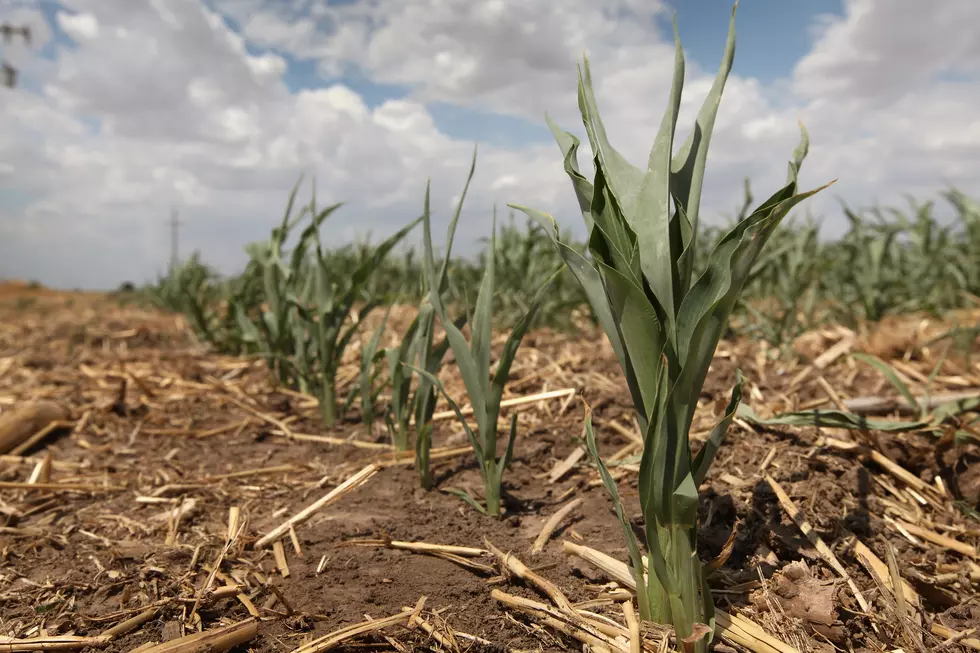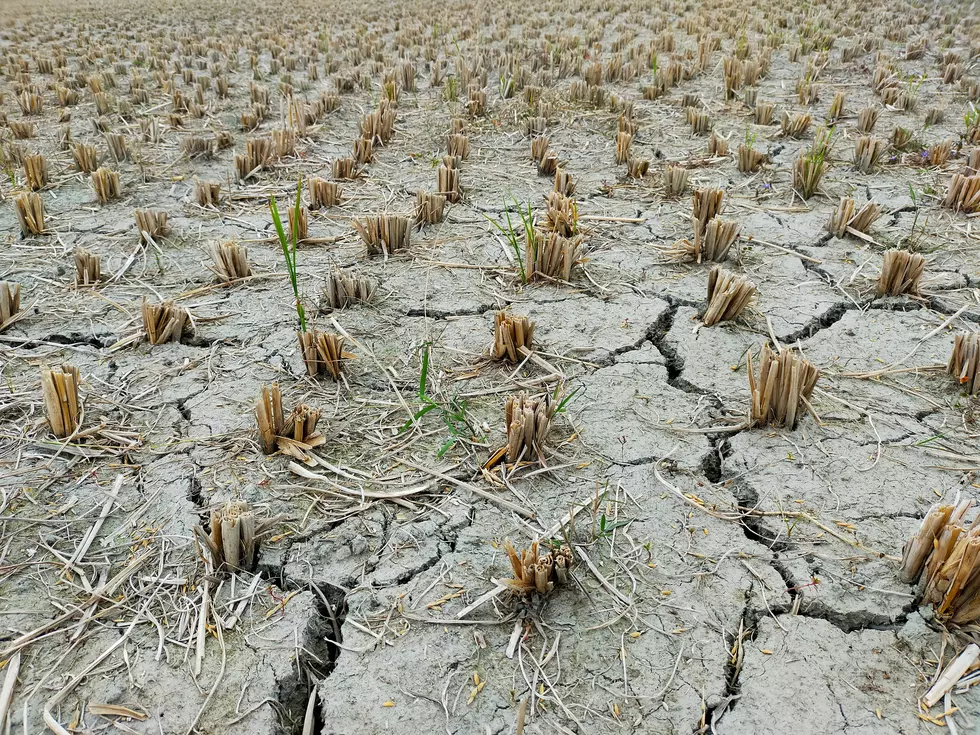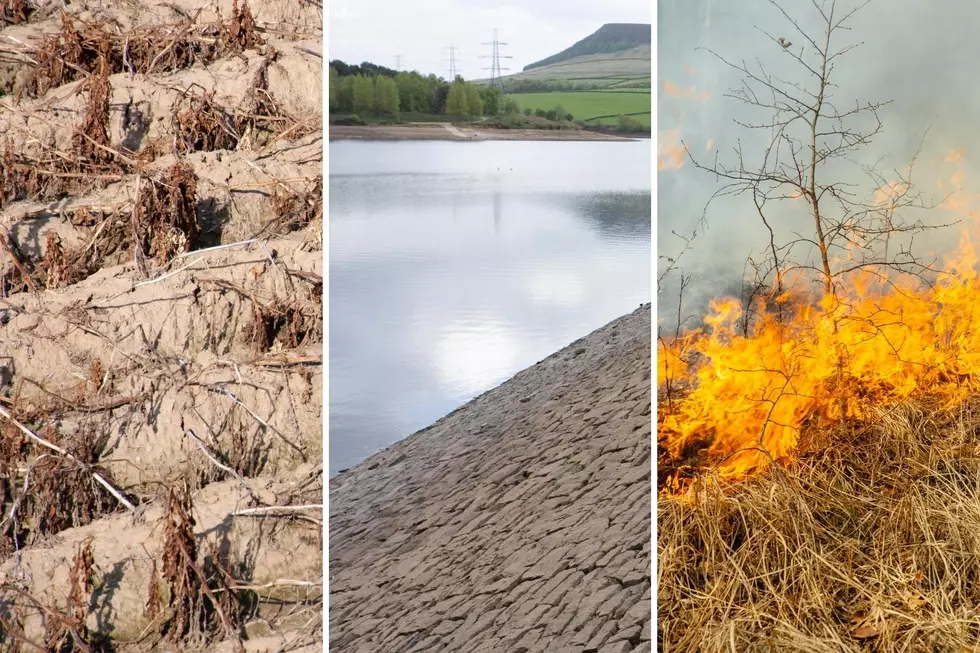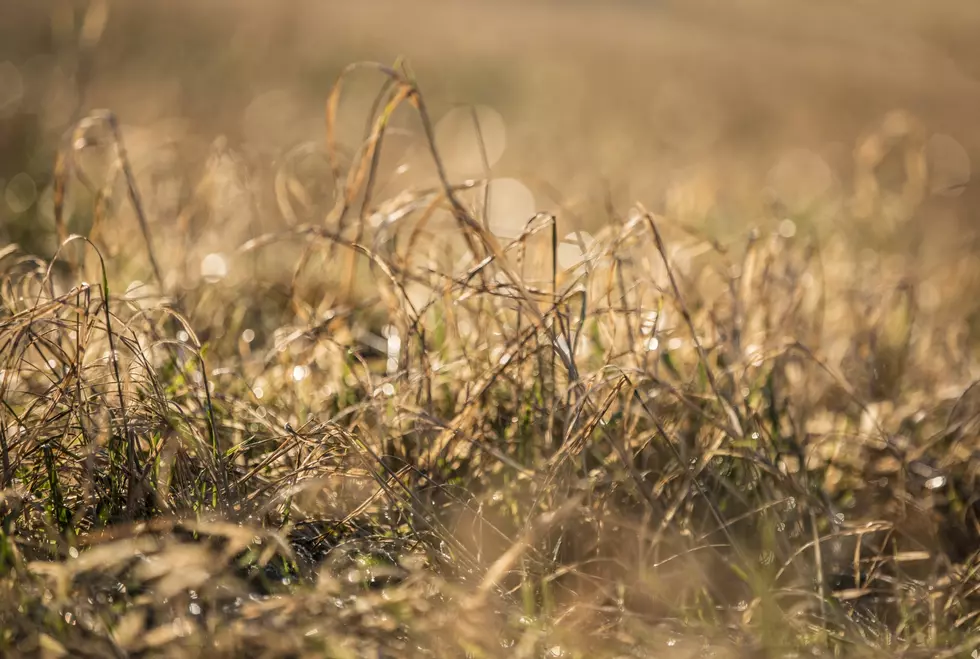
NJ’s severe drought conditions expand in latest report
New Jersey officially remains in a drought watch, but with the hot and dry weather continuing and water levels dropping, the state Department of Environmental Protection could soon be forced to declare a drought warning, with mandatory water restrictions.
The latest U.S. Drought Monitor report for New Jersey shows most parts of the state are now considered to be facing moderate drought or abnormally dry conditions, while the areas classified as having a severe drought have expanded.
According to the report, parts of Essex, Middlesex, Monmouth, and Somerset counties are all classified as having severe drought, while the entire county of Union is experiencing severe drought.
With water levels continuing to drop, it's a situation that continues to grow more serious, said Dave Robinson, New Jersey state climatologist at Rutgers University.
“You don’t like to see the pace at which our reservoirs are losing volume, our river flow is very low, our groundwater is low around the state,” he said.
Robinson said normally during June, July and August, the state gets about a foot of rainfall, but that certainly has not been the case this year.
“There are areas of the state that are running well less than 50% of normal for the last three months, and the areas that are better off, they’re barely up, if they’re up to average,” said Robinson.
Dry and hot
Robinson pointed out last month, when very little rain fell, was the sixth hottest July in New Jersey since 1895 and August has been very hot as well.
"That only makes a bad situation worse by drying things out further.”
Robinson said while the state has had below-average rainfall this year, we did have a very wet April and May.
“That was our saving grace, because we went into the summer with some replenished water resources.”
He noted we have not had a good soaking rain in months, only scattered hit and miss showers. Additionally, the tropical season is off to a very slow start and has yet to deliver any type of moisture up into our region, and as a result we are now in somewhat of a precarious position.
Hoping for a tropical storm?
New Jersey 101.5 Chief Meteorologist Dan Zarrow says we aren't going to climb out of this overnight.
“It takes a long dry spell to officially put us in drought. Likewise, it takes a big pattern change to pull us out of the drought hole. We'd need multiple washout days and/or a tropical storm to really make a dent in this summer's rainfall deficit.”
Another cause of concern is how the current conditions could impact New Jersey's upcoming crops.
“I also remain worried about drought impacts on this fall's harvest season,” Zarrow said. "We need rain. Desperately.”
And while it might not seem like it, Robinson said there is a silver lining.
"We’re at the end of the summer, and with time we’re going to start to see temperatures begin to decline, we’re going to see the growing season end, and there will be less outdoor water consumption,” Robinson said.
David Matthau is a reporter for New Jersey 101.5. You can reach him at david.matthau@townsquaremedia.com
Click here to contact an editor about feedback or a correction for this story.





